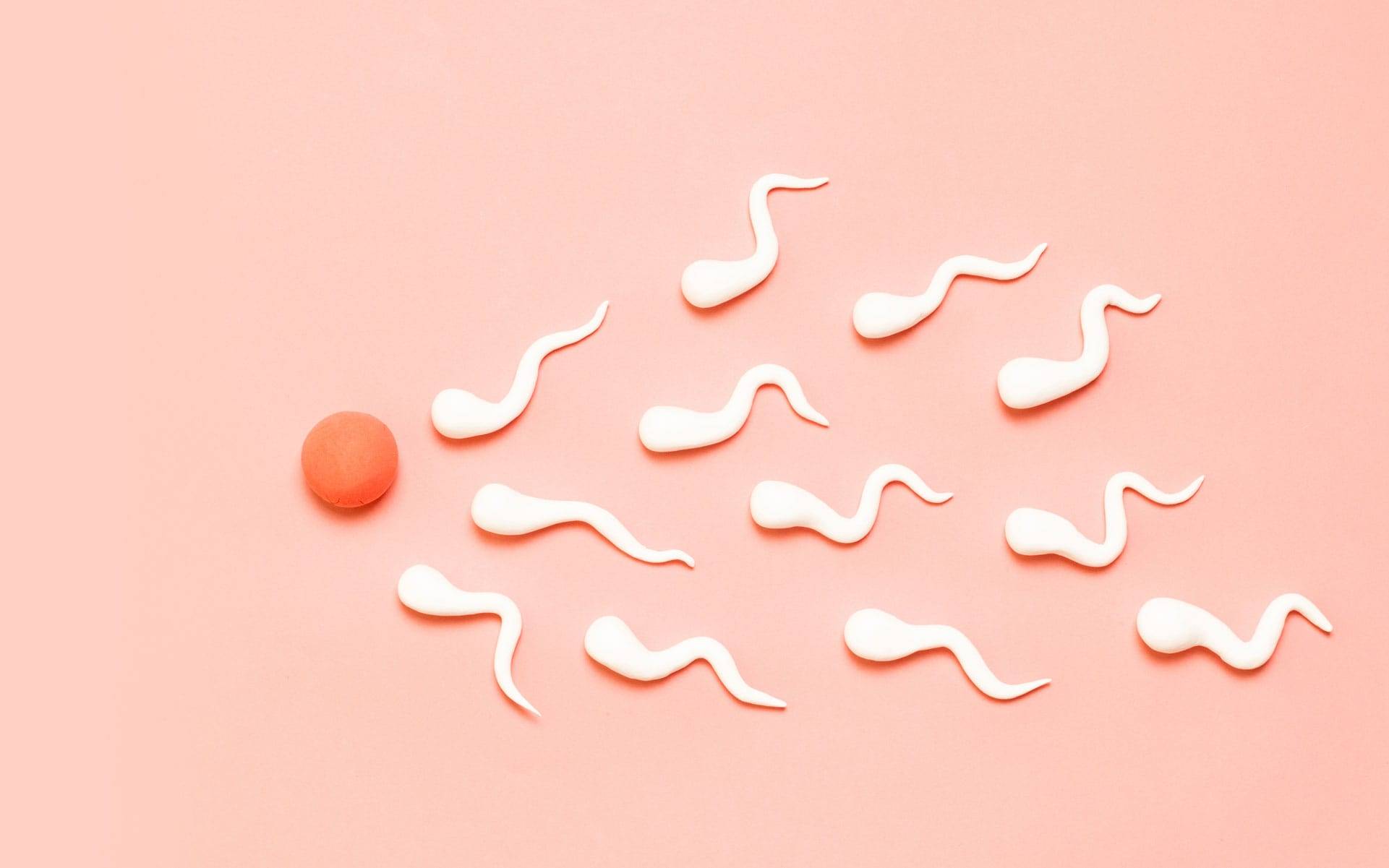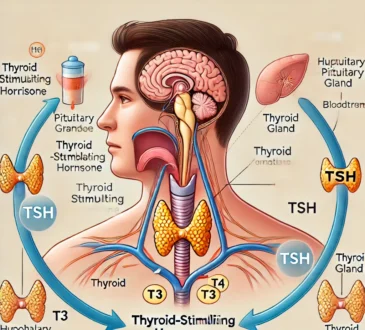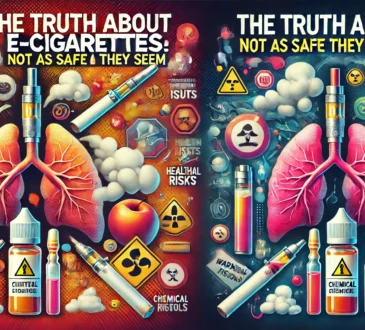
Over the last few decades, male testosterone levels have been plummeting significantly.
What is particularly alarming is that the trend does not seem to be related to age. On average,
we have experienced a decline of approximately 20 percent since the ’80s, and scientists believe it’s something within our direct environment that’s responsible.
Many of the processed foods on the supermarket shelves these days contain oestrogen like compounds that are causing hormonal disruptions in men, hence affecting their ability to reproduce. An article in the Medical Journal of Australia suggests that from early foetal life onward, male hormonal and reproductive functions are under “xenobiotic attack”, meaning chemicals that are not naturally occurring in the human body seem to be disrupting our biological development.
The fact that over 90 percent of men in the developed world have evidence of chlorpyrifos in their urine (a common pesticide in agricultural use, which also happens to lead to a reduction in testosterone) has the medical community blaming diet as the main source of exposure. This chemical, found in animal flea repellent powder and lawn treatment, can lead to a reduced sperm count. What are the consequences?
Well, low testosterone levels lead to obesity, osteoporosis, depression, heart disease, diabetes and even cognitive diseases such as Alzheimer’s, so it’s a serious problem.
WHAT CAN I DO TO HELP?
Exercise
Exercise not only elevates testosterone levels but also keeps them elevated while you recover. Resistance training (weight training) has a more significant effect on overall testosterone levels.
Sleep
Sleep deprivation leads to a reduction in testosterone levels, particularly lack of deep sleep. Aimfor 7-8 hours per night.
Leisure
Time for yourself outside of the daily grind of work and other stress-inducing aspects of your
day will lead to a reduction in cortisol, a hormone that reduces T levels.
Use it or lose it
Getting excited (having an erection) on a regular basis is enough to spur production of
testosterone. If you use sugar for energy before activity, think twice. Insulin spikes (a
consequence of consuming sugar and processed carbs) can reduce testosterone levels by up to 25 percent.





